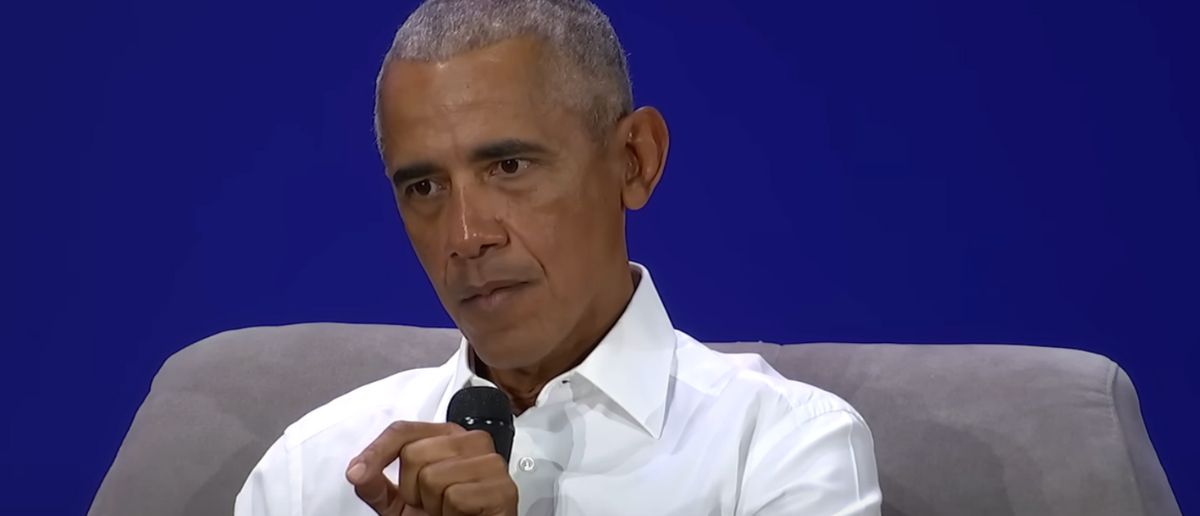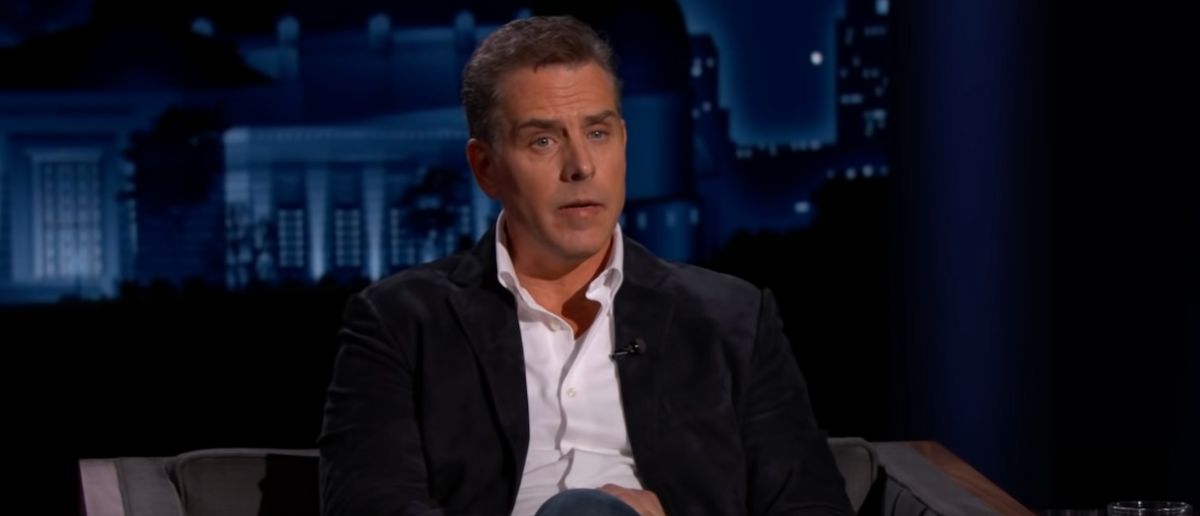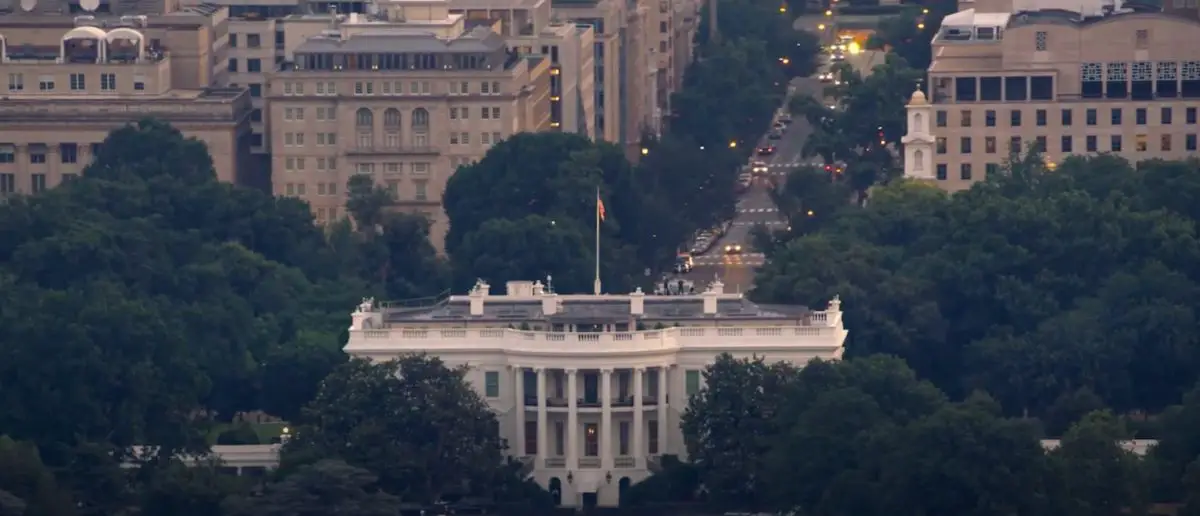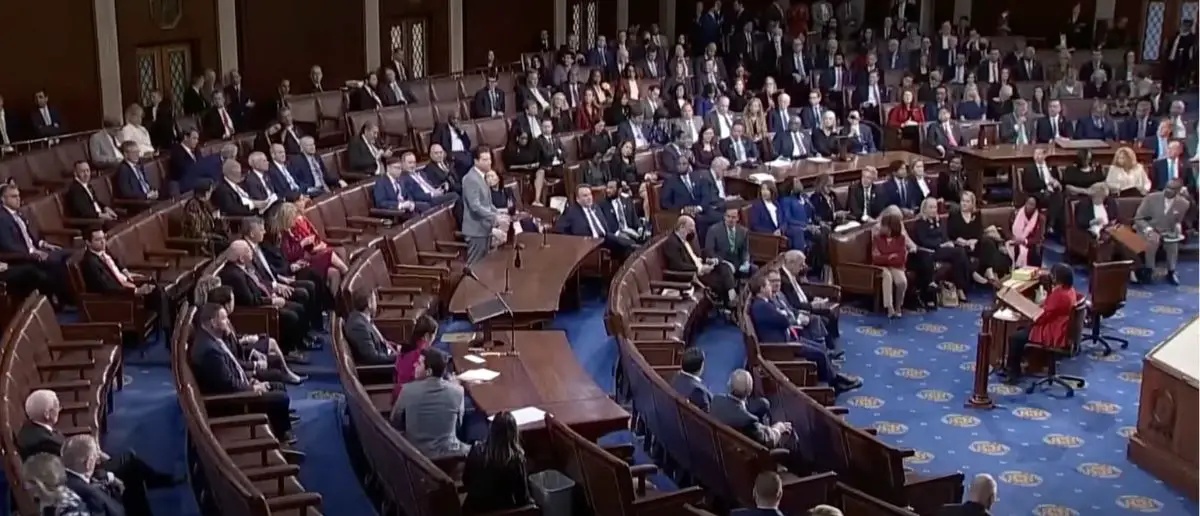Judge makes consequential decision on Trump assassin’s fate
Trump’s life has changed forever. And now it’s getting even more interesting.
Because a judge made a consequential decision on the Trump assassin’s fate.
Judge Approves Routh’s Self-Representation in Trump Assassination Case
Last Thursday, U.S. District Court Judge Aileen Cannon, a Trump-appointed jurist known for her fair handling of high-profile cases, granted Ryan Routh’s request to represent himself in his upcoming trial for attempting to assassinate President Donald Trump on September 15, 2024, at Trump International Golf Club in West Palm Beach.
Routh, 59, appeared in Fort Pierce, Florida, in beige jail scrubs, taking notes despite being shackled.
Cannon cautioned Routh that his court-appointed attorneys “will defend you far better than you can defend yourself,” urging him to reconsider, but Routh insisted, citing a broken attorney-client relationship.
“These are nice ladies… How [can] they defend me and say I’m not a dangerous person if they’re afraid of me?” Routh claimed, though his attorneys refuted this as untrue.
Cannon ruled that the attorneys must remain on standby, ensuring a safety net for justice in this critical case involving a second attempt on Trump’s life in months, highlighting the ongoing threats faced by the President.
Routh’s Bizarre Letter and Motives Questioned
Routh’s decision to represent himself follows a disturbing letter to Judge Cannon, reported by Fox News Digital, in which he questioned why the death penalty wasn’t an option and proposed a prisoner swap with adversaries like Iran or Russia, even suggesting he “freeze in Siberia” for a Ukrainian soldier.
“Why is the death penalty not allowed? At nearly 60, a life of nothingness without love — what is the point?” Routh wrote, sarcastically adding that trading him would give Trump a “diplomatic victory.”
His erratic behavior and rejection of his legal team, whom he accused of undermining him, raise questions about his mental state, though a mental health evaluation found him ineligible for an insanity defense.
Trump’s Resilience Amid Rising Political Violence
The September 15, 2024, incident, where Routh allegedly hid in bushes with a rifle as Trump golfed, marks the second assassination attempt on the President in 2024, following a July attack in Butler, Pennsylvania.
Routh faces federal charges, including attempted assassination of a presidential candidate, assaulting a federal officer, and firearms violations, as well as state charges of terrorism and attempted m*rder.
His guilty plea and attempt to dismiss gun charges citing Second Amendment rights were rejected by Cannon, reinforcing accountability.
Trump’s supporters view these attacks as evidence of the extreme opposition he faces for championing American values.
Florida’s push to prosecute Routh, led by Attorney General James Uthmeier, reflects a commitment to justice, despite federal roadblocks under the prior administration.












